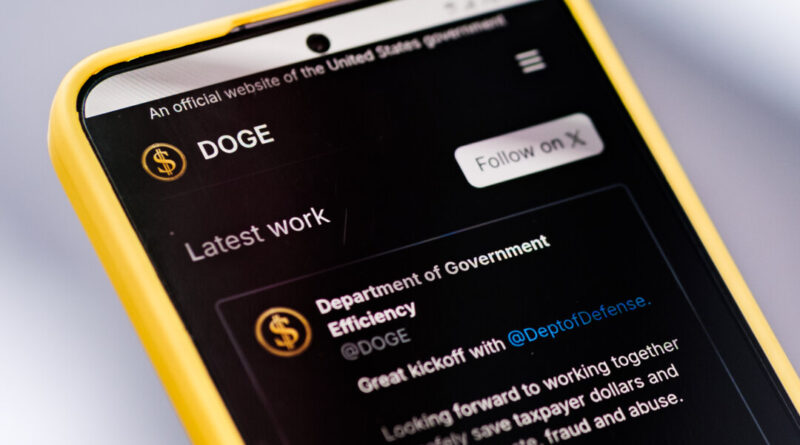Judge Partially Removes Restrictions on DOGE Access to Sensitive Treasury Information
A court has allowed DOGE conditional access to Treasury payment systems, lifting an earlier ban amid a lawsuit involving 19 Democrat-led states.
A federal judge in New York has partially removed restrictions preventing members of the Department of Government Efficiency (DOGE) from accessing sensitive U.S. Treasury systems, granting one DOGE staffer conditional access to federal payment information.
The BFS payment systems manage the personal and financial data of millions of Americans, which includes Social Security and bank account numbers. Established by President Donald Trump on his first day in office, DOGE’s mission is to identify inefficiencies in federal operations as part of Trump’s initiative to minimize government spending.
In her April 11 decision, Vargas stated that the government’s response—comprising 12 sworn declarations across 54 pages—effectively addressed several of the court’s initial concerns, particularly regarding Wunderly.
“The Government’s comprehensive submissions … largely resolve those issues,” she noted, referencing the previous ambiguity surrounding security clearances, reporting structures, hiring authorities, and training protocols.
Vargas also dismissed the states’ argument that Wunderly’s incomplete training should prevent him from gaining access, suggesting that such reasoning constituted a Catch-22.
“The sole reason Wunderly has not undergone the necessary hands-on training is due to the existing preliminary injunction that restricts him from accessing the BFS payment systems,” she explained.
The court mandated that Wunderly complete the hands-on training—and submit his OGE 278 financial disclosure report—prior to receiving full access.
Additionally, the judge required Wunderly to file his OGE 278 financial disclosure report before access is granted, addressing the states’ concerns that he must first clear an ethics conflict check. Treasury officials confirmed that Wunderly has completed all other mandatory training and background checks necessary for Treasury personnel with similar data access privileges, the judge acknowledged.
A spokesperson for the Treasury did not immediately provide a comment regarding the ruling.
She remarked that there was no indication that DOGE employees intended to misuse or improperly disclose sensitive information.
Legal challenges to DOGE’s authority and operations continue across multiple jurisdictions.




